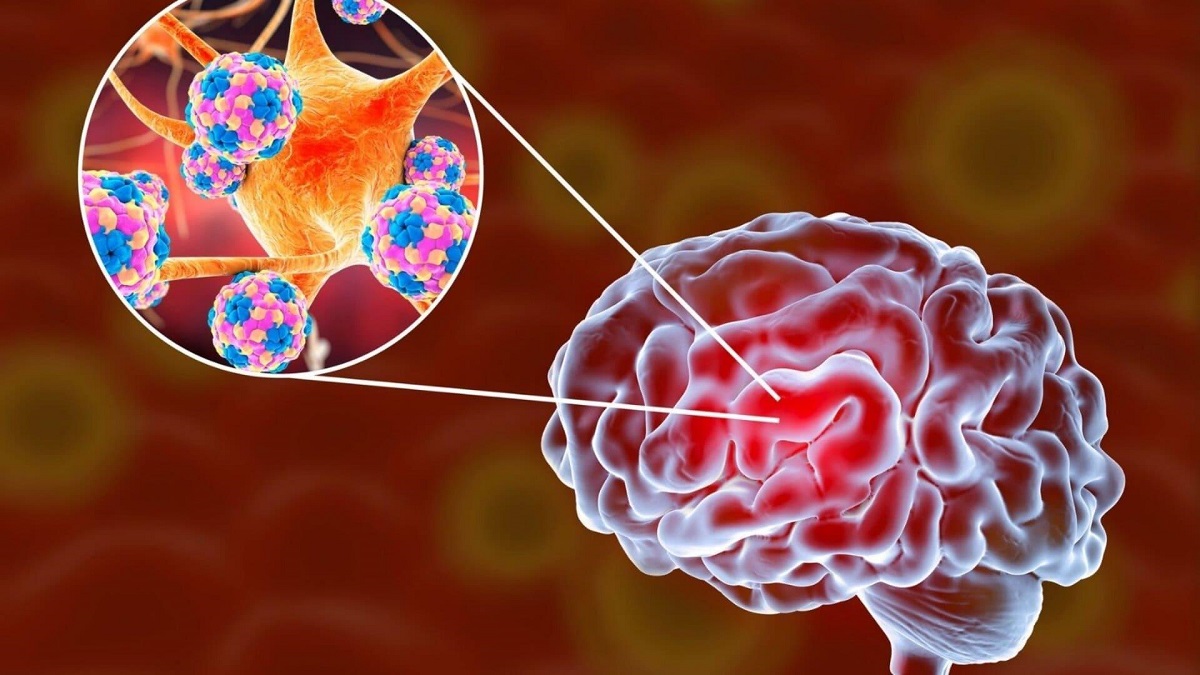KEY TAKEAWAYS
- The trial aimed to evaluate the safety of autologous TPFF/PCF lining in resection cavities of newly diagnosed patients with GBM.
- The results indicated the safety and feasibility of TPFF/PCF insertion in GBM resection cavities, warranting larger phase II studies.
The limited efficacy of systemic therapies for glioblastoma (GBM) in brain cancer is due to systemic toxicity and the blood-brain barrier (BBB). Temporoparietal fascial flaps (TPFFs) and vascularized peri-cranial flaps (PCF) bypass the BBB, deriving their vascular supply from external carotid artery branches.
Transposing a vascularized TPFF or PCF near a GBM resection cavity introduces autologous tissue unrestricted by the BBB, promoting vascular channel ingrowth from the external circulation and potentially bypassing the BBB. Furthermore, circulating immune cells in the flap may access tumor-associated antigens (TAA) within the tumor microenvironment more effectively.
Omer Doron and his team aimed to conduct a Phase I trial, the first of its kind, evaluating the safety of lining resection cavities with autologous TPFF/PCF in newly diagnosed patients with GBM.
In the study, 12 patients with newly diagnosed GBMs underwent safe, maximal surgical resection, followed by lining the resection cavity with a pedicled, autologous TPFF or PCF. Safety assessment involved monitoring adverse events. Secondary efficacy analysis included evaluating the proportion of patients with progression-free disease (PFS) based on response assessment in neuro-oncology (RANO) criteria and overall survival (OS).
Based on early results, the study was designed to determine if a Phase II study was warranted. For analysis, subjects alive and without progression at the last follow-up were considered censored. A 70% PFS rate at 6 months was deemed an encouraging response, advocating further investigation.
The results revealed a median patient age of 57 years (range: 46–69 years), with all patients being Isocitrate dehydrogenase (IDH) wildtype. The average tumor volume was 56.6 cm3 (range: 14–145 cm3), and gross total resection (GTR) was achieved in all cases. Grade III or above adverse events occurred in 3 patients, with no Grade IV or V events, such as seizure, infection, stroke, or tumor growth along the flap, noted postoperatively.
Disease progression at the original tumor site was observed in only 4 patients (33%), with a median progression-free survival (PFS) of 23 months (range: 8–25 months), prompting re-operation in 3 cases. Histopathological analyses of implanted flaps and tumor bed biopsies at repeat surgery revealed robust immune infiltrates within the transplanted flap, with no evidence of tumor infiltration. At manuscript preparation, 4 patients (33%) had died, while 10 (83.3%) achieved 6-month PFS. Median PFS was 9.10 months, and OS was 17.6 months. Notably, 4 patients (33%) survived beyond 2 years, with the longest surviving patient alive at 60 months.
The conclusion drawn from this pilot study indicated that the insertion of pedicled autologous TPFF/PCF along a GBM resection cavity is both safe and feasible. Given the promising response rates observed in 6-month PFS and OS, larger phase II studies are justified to evaluate further and replicate this approach’s safety, feasibility, and efficacy.
The trial was sponsored by Northwell Health.
Source: https://link.springer.com/article/10.1007/s11060-024-04647-w
Clinical Trial: https://clinicaltrials.gov/study/NCT03630289
Doron, O., Wong, T., Ablyazova, F., et al. (2024). “Results from a first-in-human phase i safety trial to evaluate the use of a vascularized pericranial/temporoparietal fascial flap to line the resection cavity following resection of newly diagnosed glioblastoma.” J Neurooncol (2024). https://doi.org/10.1007/s11060-024-04647-w



